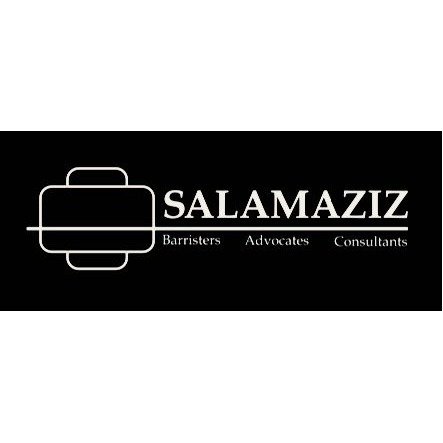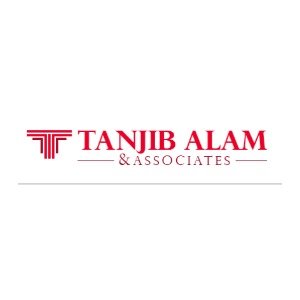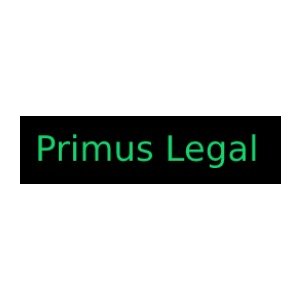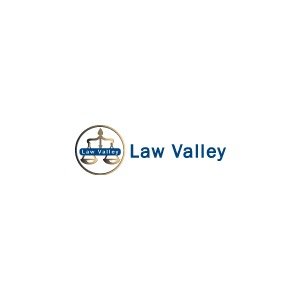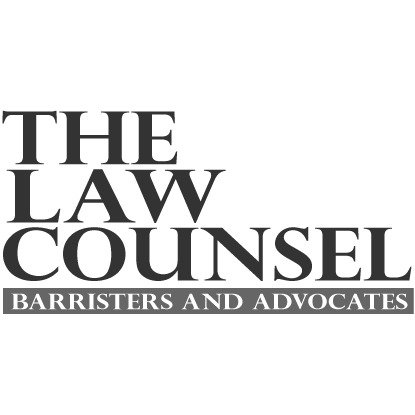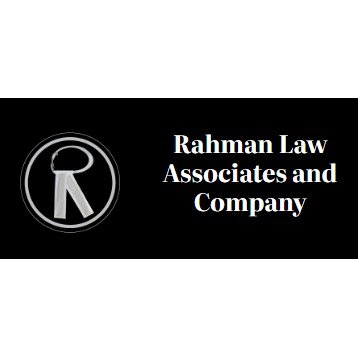Best Renewable & Alternative Energy Lawyers in Bangladesh
Share your needs with us, get contacted by law firms.
Free. Takes 2 min.
Or refine your search by selecting a city:
List of the best lawyers in Bangladesh
About Renewable & Alternative Energy Law in Bangladesh
Bangladesh is moving towards a sustainable future by prioritizing renewable and alternative energy sources such as solar, wind, biomass, and hydro power. The government has recognized the importance of clean energy, not only for environmental reasons but also for economic growth and energy security. To encourage this transition, several policies, regulations, and incentive schemes have been put in place. Legal frameworks govern the generation, distribution, and commercialization of renewable energy, ensuring investments are protected while maintaining compliance with both national and international standards. Whether you are a business, investor, landowner, or consumer, understanding the legal landscape is crucial for navigating the renewable and alternative energy sector successfully in Bangladesh.
Why You May Need a Lawyer
The renewable and alternative energy sector in Bangladesh involves complex legal and regulatory requirements. You may need a lawyer in situations such as:
- Obtaining government approvals, licenses, and permits for renewable energy projects
- Drafting and negotiating Power Purchase Agreements (PPAs) and contracts
- Resolving land use and acquisition issues for solar farms, wind turbines, or biomass facilities
- Ensuring regulatory compliance with local, national, and international laws
- Dealing with disputes between project partners, contractors, or government entities
- Attracting and protecting investments in the renewable energy sector
- Understanding tax incentives and financial support mechanisms
- Intellectual property protection for innovative energy technologies
- Advising on environmental impact assessments and related legal obligations
- Assisting foreign investors in navigating local laws and restrictions
Local Laws Overview
There are several key laws and policies governing renewable and alternative energy in Bangladesh:
- Renewable Energy Policy 2008: This policy outlines the government’s commitment to increasing the share of renewables. It provides incentives like tax holidays, import duty exemptions, and soft loans for renewable energy projects.
- Sustainable and Renewable Energy Development Authority (SREDA) Act 2012: SREDA acts as the central authority for implementing renewable energy strategies and monitoring regulatory compliance in the sector.
- Private Sector Power Generation Policy 1996: This policy encourages private investment in the power sector, including renewables, by providing guidelines for project approval and tariff setting.
- Net Metering Policy: This regulation allows individual and commercial users to connect renewable energy systems (mainly solar) to the grid and sell excess power back to utilities.
- Environmental Conservation Act 1995 and Rules 1997: Renewable energy projects must comply with environmental regulations, undergoing assessments to minimize impact.
- Electricity Act 2018: The act covers electricity generation, supply, and distribution, including regulations related to renewable energy integration into the national grid.
Frequently Asked Questions
What types of renewable energy are most common in Bangladesh?
The most common types are solar, biomass, wind, and small-scale hydroelectric energy. Solar home systems are especially popular in rural areas.
Do I need a permit to install a solar panel system at home or for my business?
Small-scale installations for personal use generally do not require special permits. However, larger systems connected to the grid or intended for commercial purposes require permits and must comply with net metering regulations and safety standards.
Can foreign investors participate in renewable energy projects in Bangladesh?
Yes, foreign investors are encouraged to participate and can benefit from incentives such as tax breaks and repatriation of investment, provided they comply with local laws and regulations.
What government incentives are available for renewable energy development?
Incentives include tax holidays, import duty waivers, soft loans, and other support schemes for promoting the adoption and development of renewable energy projects.
How are land acquisition issues for renewable energy projects resolved?
Land acquisition must comply with relevant property laws and may involve negotiations with landowners, obtaining clear titles, and sometimes government assistance or approval, especially for large-scale projects.
What role does SREDA play in the sector?
SREDA is the central government authority for promoting and regulating renewable and alternative energy projects, enforcing standards, monitoring compliance, and implementing policy initiatives.
Is net metering available for all renewable energy user types?
Net metering policies mainly cover solar energy installations with specific capacity limits, applying to both residential and commercial users connected to the national grid.
What are the main legal risks in renewable energy projects?
Legal risks include non-compliance with permits or environmental regulations, land disputes, contract disagreements, and regulatory changes. Expert legal guidance can help manage these risks.
Are environmental impact assessments mandatory for renewable energy projects?
Yes, most commercial-scale projects require environmental impact assessments as per national environmental laws. The process ensures projects do not negatively affect the local environment.
How can a lawyer help me if a project faces regulatory issues?
A qualified lawyer can interpret regulations, help resolve disputes with authorities, ensure documentation is complete, and represent your interests in negotiations or legal proceedings.
Additional Resources
For further information or legal support regarding renewable and alternative energy in Bangladesh, consider reaching out to:
- Sustainable and Renewable Energy Development Authority (SREDA): The central body for renewable energy policy implementation and regulation.
- Ministry of Power, Energy and Mineral Resources: Responsible for the overall coordination of energy-related policies.
- Bangladesh Energy Regulatory Commission (BERC): Regulates energy tariffs, licensing, and industry standards.
- Infrastructure Development Company Limited (IDCOL): Major financier of renewable energy projects, especially solar power systems.
- Bangladesh Solar and Renewable Energy Association (BSREA): Industry group for stakeholders in the renewable energy sector.
- Department of Environment (DoE): Oversees environmental compliance for energy projects.
- Local chambers of commerce and dedicated legal firms specializing in energy law
Next Steps
If you require legal assistance in renewable and alternative energy in Bangladesh, here is what you can do:
- Identify the specific area of concern or the nature of your project
- Gather all related documentation, such as permits, contracts, land titles, or project proposals
- Research and shortlist lawyers or law firms experienced in energy law
- Schedule an initial consultation to discuss your needs and assess the lawyer’s expertise
- Be prepared to ask questions about their experience with renewable energy projects, regulatory compliance, and dispute resolution
- Work collaboratively with legal counsel to ensure your project’s compliance and risk mitigation
Lawzana helps you find the best lawyers and law firms in Bangladesh through a curated and pre-screened list of qualified legal professionals. Our platform offers rankings and detailed profiles of attorneys and law firms, allowing you to compare based on practice areas, including Renewable & Alternative Energy, experience, and client feedback.
Each profile includes a description of the firm's areas of practice, client reviews, team members and partners, year of establishment, spoken languages, office locations, contact information, social media presence, and any published articles or resources. Most firms on our platform speak English and are experienced in both local and international legal matters.
Get a quote from top-rated law firms in Bangladesh — quickly, securely, and without unnecessary hassle.
Disclaimer:
The information provided on this page is for general informational purposes only and does not constitute legal advice. While we strive to ensure the accuracy and relevance of the content, legal information may change over time, and interpretations of the law can vary. You should always consult with a qualified legal professional for advice specific to your situation.
We disclaim all liability for actions taken or not taken based on the content of this page. If you believe any information is incorrect or outdated, please contact us, and we will review and update it where appropriate.
Browse renewable & alternative energy law firms by city in Bangladesh
Refine your search by selecting a city.





